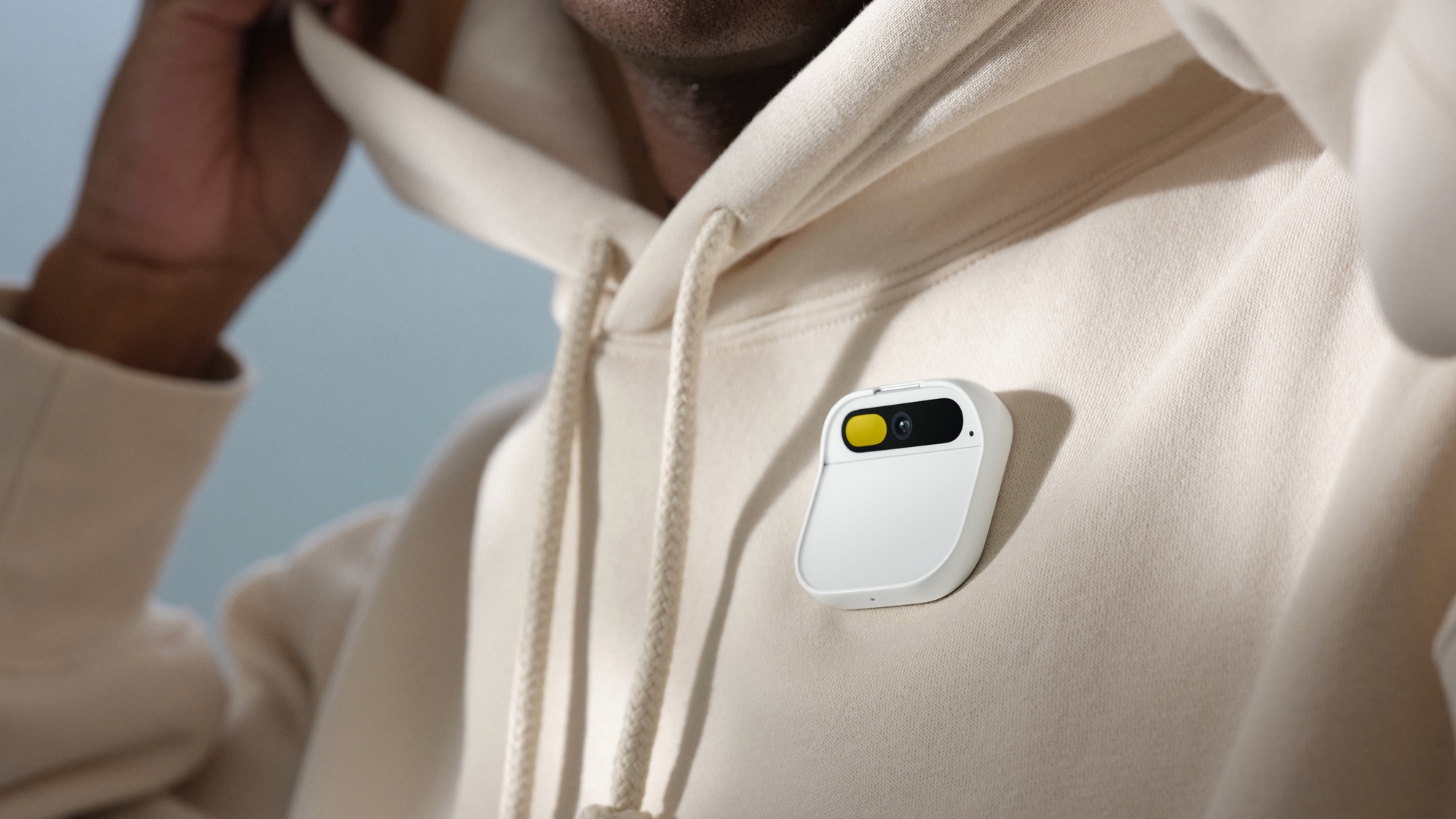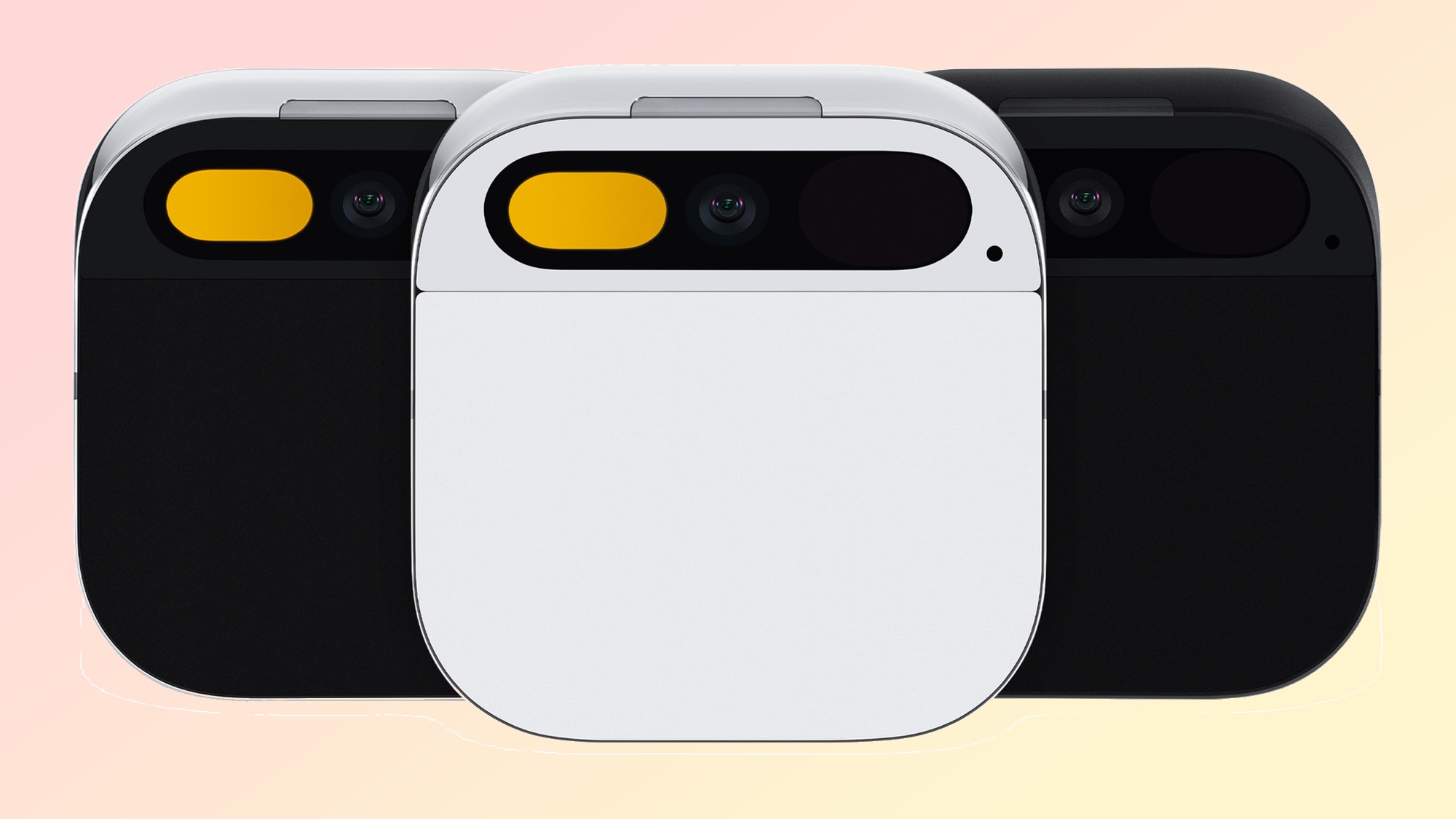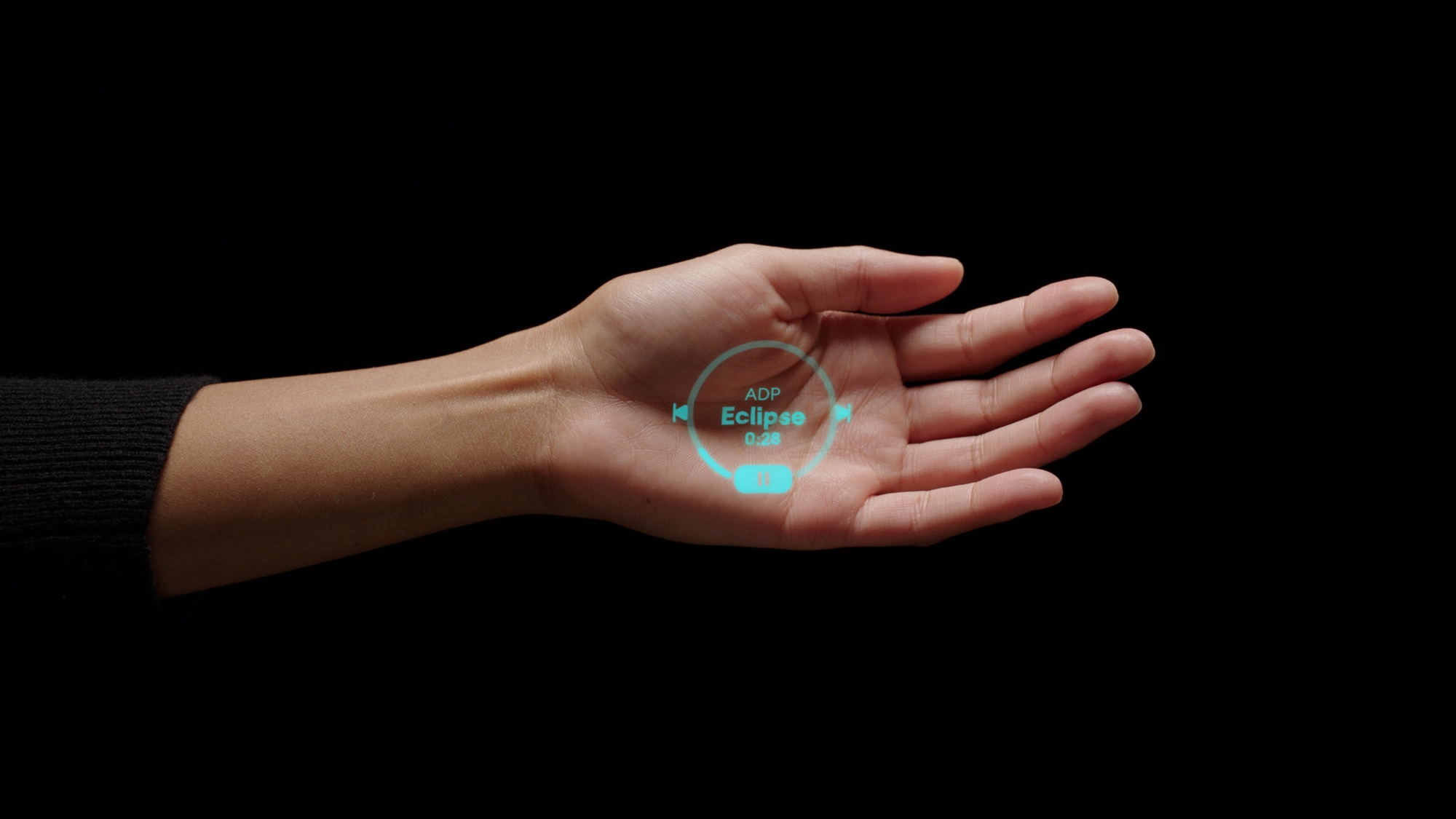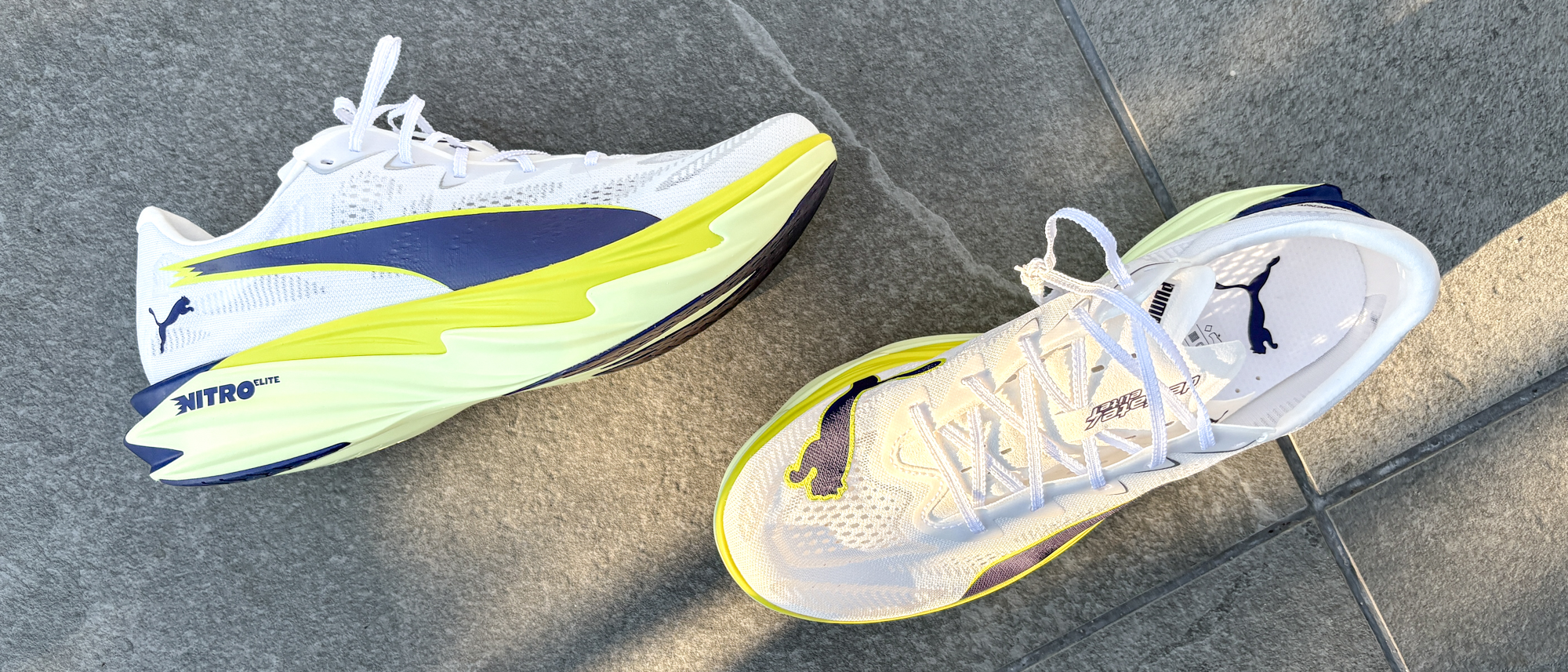Forget smartphones — Humane Ai Pin brings smarts to a wearable clip
Are we ready for the era of AI-powered pins?

Forget turning to a smartphone for help from a digital assistant. If the well-funded startup Humane has its way, all you’ll need is an AI-powered pin to give you more context and assistance on the world around you.
Dubbed the Ai Pin and launched today (November 9), Humane’s device is a wearable that will attach to your shirt and use OpenAI and other AI technologies to answer questions, send reminders, and more. The Ai Pin runs on a Snapdragon processor and features a 13MP camera that can record upon request.
A built-in projector also comes with the two-ounce pin, which will allow users to project images from the device onto their hand or other surfaces.
Since the Ai Pin is designed to be used on the go, users will need to sign up for a $24/month Humane subscription, which provides them with a phone number and data access on T-Mobile’s network. Humane said that it will begin accepting preorders on the $699 wearable on November 16, with the device shipping early next year.

Wearables have long been a popular option for people who want to take their technology and data with them. But those devices, such as Apple Watch and others, come with software interfaces and third-party apps that extend their functionality. Users need to work their way through the software and apps to get the information they seek.
Humane’s concept appears to be focused on a software-less experience. Instead of combing through apps, Ai Pin owners will only need to activate the device through a tap or other gestures and get answers to the questions they want to know by simply asking. The power of OpenAI and ChatGPT help Ai Pin get to the answer sooner — and without requiring users to do much more than ask a question.
On its website, Humane points to a host of examples in which Ai Pin can solve people’s problems. In one case, the user asks the device about an exhibit a friend had told them about in a text message. The Ai Pin’s voice assistant, Ai Mic, returns a response, which prompts the user to ask when they could go see it. After returning the response, Ai Mic is then instructed to remind the user to go see the exhibit before they leave their location.
Get instant access to breaking news, the hottest reviews, great deals and helpful tips.

In another example, a user asks Ai Pin a question about vintage photographs and reads the answer on the palm of their hand with help from the built-in projector. The Ai Mic assistant can also tell users about all the calls and text messages they missed to save them time. There’s even a feature that lets users hold up food to the camera so that Ai Pin can deliver nutritional information.
Indeed, the Ai Pin appears to be as much about saving users time and eliminating software as it is anything else. And with its reliance on AI models, the device promises to return both personal and public information with ease. However, Humane noted that user data won’t be used in its models to train AI.
In an interview with Wired, Humane CEO Bethany Bongiorno said this is just the beginning for Ai Pin, as Humane is working on adding a host of new features to the device starting next year. Additions include navigation and shopping tools, as well as a feature for tracking a user’s caloric intake by simply analyzing what they’ve been eating throughout the day. Humane also says it plans to work with developers and launch an app store, with Bongiorno describing a day when users will be able to take photos or videos from the Ai Pin and immediately share them to social media sites.
Humane has yet to announce an actual launch date beyond early next year and there’s no telling what kind of demand there may be for this wearable. But it was only a matter of time before more companies enter the AI wearable fray.
More from Tom's Guide
- Forget ChatGPT — OpenAI now lets you build your own chatbot for any task
- What is ChatGPT? Everything you need to know
- 5 astonishing uses of AI happening right now
Don Reisinger is CEO and founder of D2 Tech Agency. A communications strategist, consultant, and copywriter, Don has also written for many leading technology and business publications including CNET, Fortune Magazine, The New York Times, Forbes, Computerworld, Digital Trends, TechCrunch and Slashgear. He has also written for Tom's Guide for many years, contributing hundreds of articles on everything from phones to games to streaming and smart home.
 Club Benefits
Club Benefits





